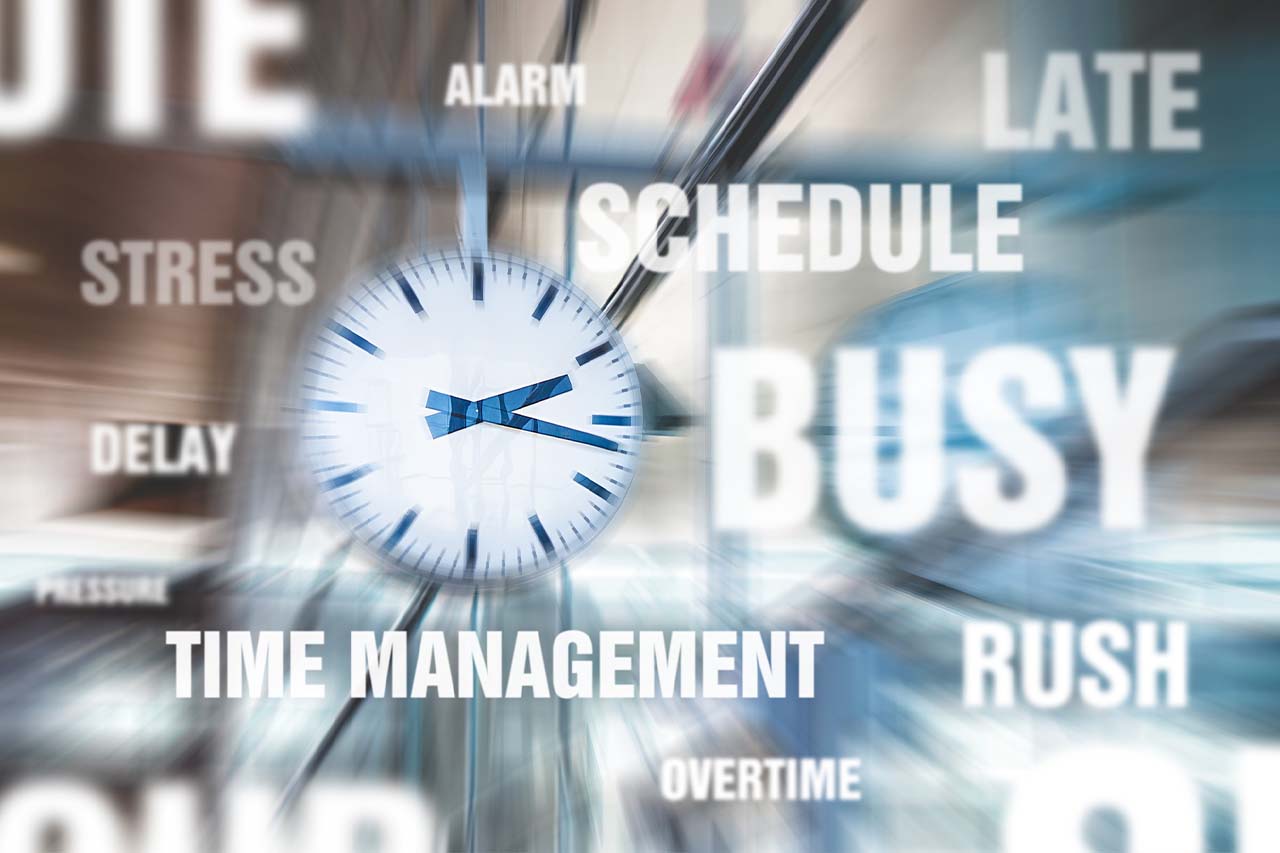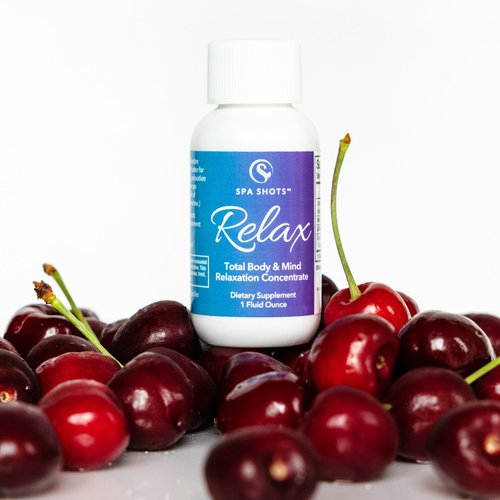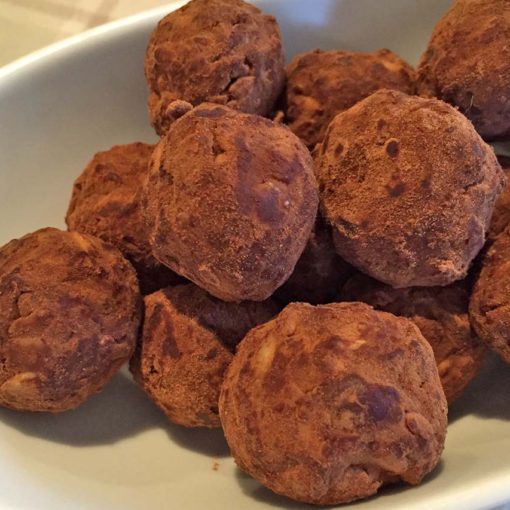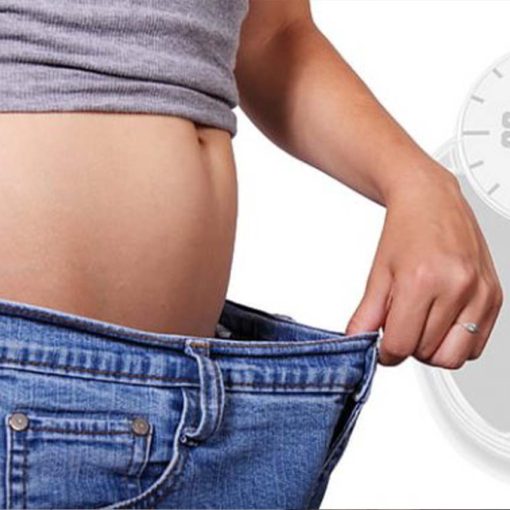Charles R. Swindoll, an evangelical Christian pastor, author, educator, and radio preacher once said, “Life is 10% what happens to you and 90% how you react to it.”
I liked that quote so much that I ripped the page out of my inspirational quotes calendar and taped it to my wall.
Then I took a picture of it and posted it on Facebook. A lot of people “liked” it. That’s because most of us, especially if we’ve worked with therapists or life coaches or listened to self-help gurus, have heard some version of this and agreed.
So, what do we do with this information? Like a lot of self-help information, we have an “ah ha” moment because we relate to what is said and, perhaps, never really thought about it that way before. And then we think about it for a while, maybe tell others about it, but don’t quite know what to do with it.
Stress. What a loaded word.
I would take a guess that the word “stress” is used a thousand times more today than it was when our grandparents were our age. Is this because we are more stressed than they are? I doubt it. Differently stressed, for sure, but not more. Of course, I can’t speak for everyone, as different people have vastly different circumstances, but I can generalize. I think we are more aware of our stress than generations before.
Perhaps this is a good thing. Awareness, for the most part, is good. With awareness comes mindfulness. Just the other day, I had a few minutes before a stressful situation to be mindful of how I would react. Because of this, I took deep breaths, I practiced my reaction or thought about the option to not react, and the situation was diffused pretty quickly. In the past, I would have engaged in the situation, reacting, and, thus, feeling much more stress.
It’s not always that simple.
Had I not had the extra time anticipating the stressful situation, it would have turned out differently. Had I not had a good night’s sleep or a healthy breakfast or a massage the night before, it would have had a different result. There are hundreds of other variables that would have made the situation much, much worse. So, of course 90% of outcomes in life is how one reacts. And many of them are actually under your own control.
This is huge.
We have so little control over the things around us. Especially stressors. So, it’s so important to really take control over the things you can: your nutrition, sleep, connections with others, self care, and activities. Each one of these things, if balanced well, make such a difference in how well you react to the things you can’t control. Isn’t that worth it?
I don’t know about anyone else, but lessening my perceived stress is one of my lifelong journeys. I am working on it every single day. Some days are great, and others not so much, but those not so great days help me learn how to make the next day better. It feels great to observe situations where I used to get flustered and now I don’t. I am so grateful for my growth, and in effect, my health. And if we have health, we’ve got a lot.






